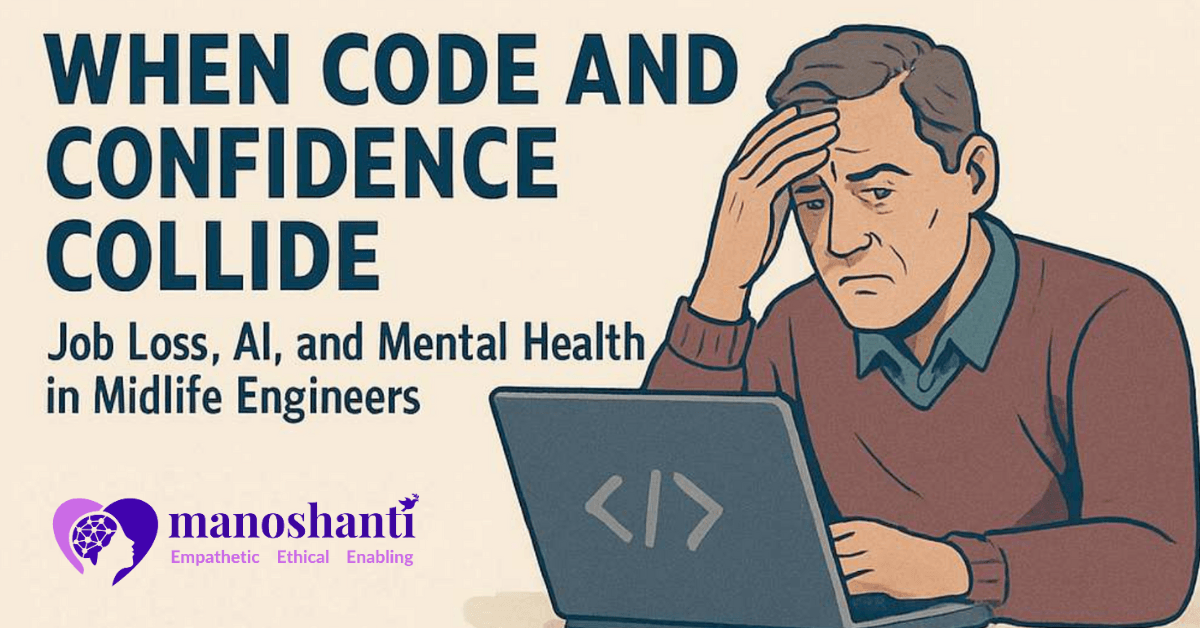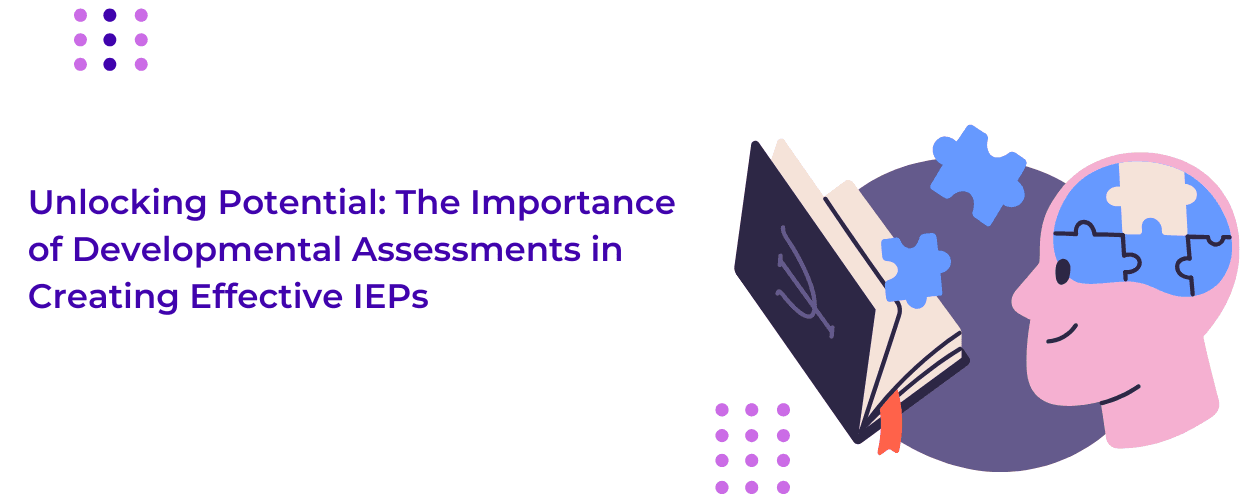Is it as simple as saying “he eats too much” or “she is too thin”? Could there be something more to it? Many people do not realise that disturbed eating habits and discomfort with your body shape could be a sign of an underlying eating disorder.
In India, the occurrence of eating disorders (ED) was not reported until recently, possibly due to cultural variations in our population. However, now with the advent of social media, there is a rise in propaganda of unhealthy body figures and a boom in the incidence of abnormal eating patterns. However, lack of awareness of this condition and associated stigma continue to be barrier to care.
Eating Disorders Awareness Week (February 28 – March 3, 2024) is an annual event dedicated to improving understanding and providing access to the necessary resources to those affected by these conditions. In the wake of that, let us address some basic questions about ED here.
What is an eating disorder?
It is a mental health condition characterised by severe and persistent disturbances in eating habits and associated distressing thoughts and emotions. There is a common misconception that eating disorders are a lifestyle choice, however they are serious and often life-threatening disorders requiring urgent medical attention. They can affect the physical, psychological, and social functioning of the individual.
How do you identify different types of eating disorders?
- Anorexia Nervosa: significantly low body weight, relentless need for thinness, weight loss behaviours such as severe food restriction, overexercising, and self-induced vomiting
- Bulimia Nervosa: excessive food intake combined with inappropriate ways to prevent weight gain like self-induced vomiting, laxative abuse or fasting, normal to obese body weight
- Binge Eating Disorder: episodes of an increase in food intake over a short period of time without any compensatory mechanisms
- Pica: eating or craving inedible non-nutritional items like dirt, paint, chalk
Why is seeking help necessary?
EDs have the highest risk of morbidity and mortality among all mental health disorders. Some of which are listed below.
Physical complications: malnutrition, fall in heart rate and BP, weakness of bones, irregular periods, delayed puberty, bleeding disorders, organ failure
Psychological complications: poor self-esteem, shame, guilt, anxiety, depression, addictions, suicidal thoughts and attempts
Socio-occupational complications: stigma, parental conflict, losing job, troubled relationships, conflicts and isolation
What are the treatment options?
The primary goal is to manage medical complications and stabilise weight, after which the psycho-social factors are addressed.
1. Medications: Use of antidepressants is helpful to reduce binge episodes and vomiting behaviour, especially in those with anxiety and/or depression. Recently, some mood stabiliser and stimulant medications have also been found to be useful. Vitamin and mineral supplementation is also done.
2. Psychotherapy: Family therapy, Cognitive therapy, Behavioural therapy and Interpersonal therapy have shown significant effects on improvement of disturbed eating behaviours as well as personal identity.
Conclusion
Recognition of abnormal eating patterns and early holistic intervention is the key to improving outcomes and enhancing the quality of life. Eating disorders are not rare, are very much treatable and are not a choice!






